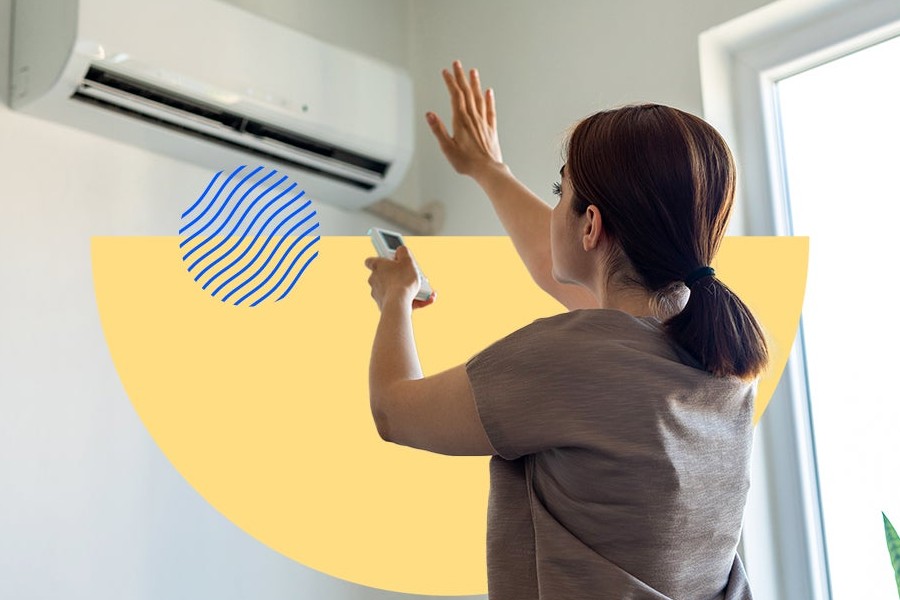 Even a minor injury can seriously impact the quality of a person’s life.
Even a minor injury can seriously impact the quality of a person’s life.
From a person’s finances to their career, to personal relationships, to inner peace, these are all things that can be disrupted by a fall.
If you’ve been involved in a slip-and-fall accident, then read further about the precautions you should move forward with so that this injury does not slow you down in the near or distant future.
The Basics of Premises Liability
At the core of premises liability is the owners’ and store managers’ responsibility to take all necessary precautions needed to rule out the possibility of an accident. These precautions come in the form of regular inspections for safety hazards.
In spite of the protection this gives customers, it is not full-proof in any given scenario, and there are “requirements,” if you will, that must be fulfilled for premises liability to protect you in court.
The New York Department of Health declared over 52,600 hospitalizations were caused by slip and fall accidents each year. If you have been involved in an accident and feel you might need a slip and fall lawyer New York has plenty of legal experts that would rush to your aid to defend you in a court of law. When it comes down to it, the jury will determine if the circumstance calls for compensation on the store’s part. If the victim and legal team can prove that the store was negligent in their duties regarding safety, then the store will have to compensate.
Premises liability does not work the same as an insurance policy, and store owners are not automatically liable if a person falls and is injured on their property. A store will only be held accountable for incidents that could have been prevented under better care for the safety of their store.
Situations Where a Store May Be Liable
There are several instances where a store can be fined by the courts for negligence. The following are a few examples:
- Arranging aisles or displays too close together
- Waxing the floors with wax that’s too slick
- Surpassing their maximum capacity of customers
- Poorly arranged products falling into the aisles
- Branches or obstructions on the entrance or sidewalk
- Not cleaning paper towels from the restroom floor
- Leaving a floor slippery with liquids or cleaning agent
- Not mopping up snow, ice, or rain tracked inside
- Allowing customers to become physically aggressive with one another
- Failure to place shopping carts in their rightful place
This list has a few obvious points and few that you may not have expected. It’s always advisable to call a lawyer immediately if you’ve been involved in an accident to check the scene for signs of neglect. You should call a legal expert regardless of whether or not you feel injured at the time of the fall. Many symptoms of injury won’t appear until hours or days later. If there was neglect going on at the store, then the owner should be notified regardless of whether or not you plan on taking him to court.
Product Seller Liability
There are cases where the seller of a product could be held accountable for your accident. If a product is not correctly packaged and causes a spill, thus resulting in a fall, then the seller would then be asked by the courts to compensate. If there are manufacturing defects or did not give the buyer the proper directions for storage, then these could also hold the product seller liable.
These types of cases are another good example of why it’s a good rule of thumb to always contact a lawyer before leaving the scene of an accident. The lawyer will know what to look for, what to take photos of, and who to question in slip and fall cases.
Customer Liability or “No Customer Zone”
In spite of the many cases where owners or managers would be held liable for injuries, there are also cases where customers are held accountable for their injuries. Customers actually have a legal obligation to be aware of possible dangers in stores. A jury would decide who is accountable based on whether or not the dangers would’ve been obvious to some who were paying attention and using reasonable judgment.
 If customers venture into an area that is not open to them and adorns an “employee’s only” sign, then the store can still be held responsible. Bear in mind that it will be harder to prove that the store was negligent in this situation, and the customer could wind up paying for all the court fees for themselves and the store if they go to court and it’s proven that they were the cause of the accident.
If customers venture into an area that is not open to them and adorns an “employee’s only” sign, then the store can still be held responsible. Bear in mind that it will be harder to prove that the store was negligent in this situation, and the customer could wind up paying for all the court fees for themselves and the store if they go to court and it’s proven that they were the cause of the accident.
While these serve as good guidelines for those who may have been involved in an accident, they are by no means the only reference you should use. If you’ve slipped and fallen in a store, then get the advice of a lawyer as soon as humanly possible so the right people are held accountable.
Become a Harlem Insider!
By submitting this form, you are consenting to receive marketing emails from: Harlem World Magazine, 2521 1/2 west 42nd street, Los Angeles, CA, 90008, https://www.harlemworldmagazine.com. You can revoke your consent to receive emails at any time by using the SafeUnsubscribe® link, found at the bottom of every email. Emails are serviced by Constant Contact








